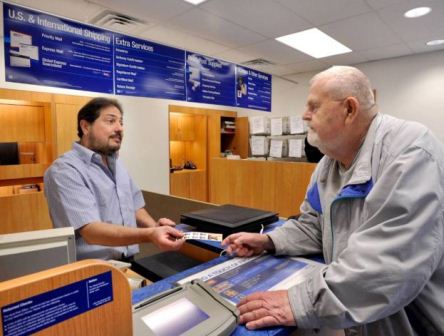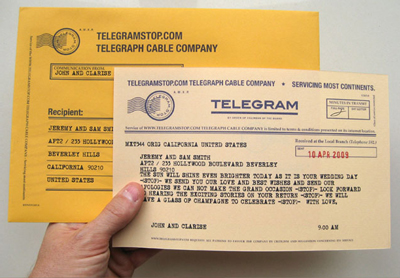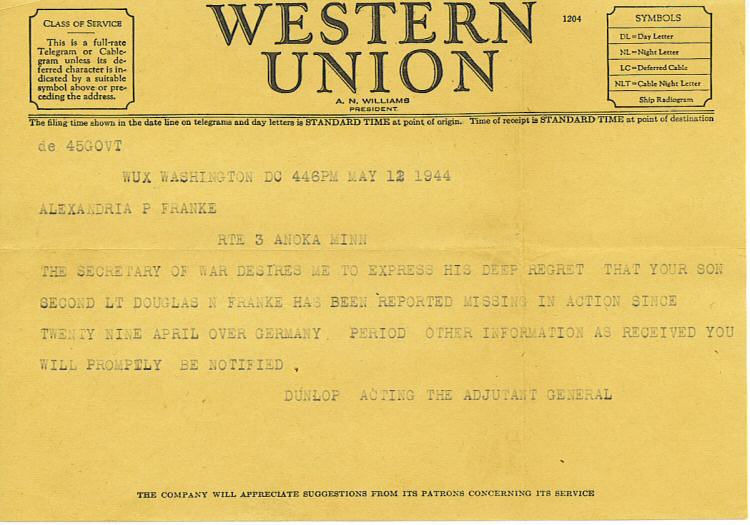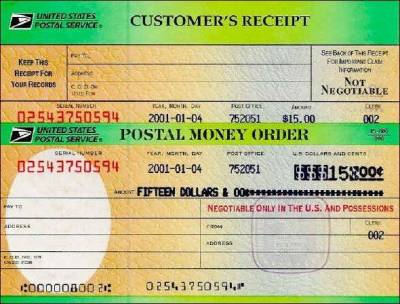TO BE
You are here. Are you here ? Where are you ?
NOT TO BE
1. primary auxiliary verbs: BE, HAVE, DO
-s form
past tense
past participle
2. secondary auxiliary verbs: WILL, WOULD, CAN, COULD, MAY, MIGHT, SHALL, SHOULD, MUST, OUGHT TO, USED TO
Present Simple TenseMary likes dogs.
DO
Does Mary like dogs?
Present Continuous Tense
Kijelentés: Herbie is sitting on the bed.
Segédige: BE - IS
Kérdés: Is Herbie sittingon the bed?
Past Simple Tense
Kijelentés: Mary went to the Zoo.
Segédige: DO - DID
Kérdés: Did Mary go to the Zoo.
Present Perfect Simple Tense
Kijelentés: Mary and John have seen a panda.
Segédige: HAVE
Kérdés: Have Mary and John seen a panda?
FŐIGE:
- Simple igeidőkben (Present Simple, Past Simple, Future Simple): első alak
- minden continuous igeidőkben (Present Continuous, Past Continuous, Future Continuous, Present Perfect Continuous, Past Perfect Continuous, Future Perfect Continuous): „-inges” alak
- „sima” Perfect igeiőkben (Present Perfect Simple Tense, Past Perfect Simple Tense, Future Perfect Tense): harmadik alak
- Simple igeidőkben (Present Simple, Past Simple, Future Simple): DO
- „sima” Continuous igeidőkben (Present Continuous, Past Continuous, Future Continuous): ARE
- minden Perfect igeiőkben (Present Perfect Simple Tense, Past Perfect Simple Tense, Future Perfect Tense, Present Perfect Continuous, Past Perfect Continuous, Future Perfect Continuous): HAVE
Első a segédige, majd jön az alany, a főige, és aztán a többi mondatrész!
Where
(kérdőszó) did
(segédige) Mary (alany) go
(főige)?




























